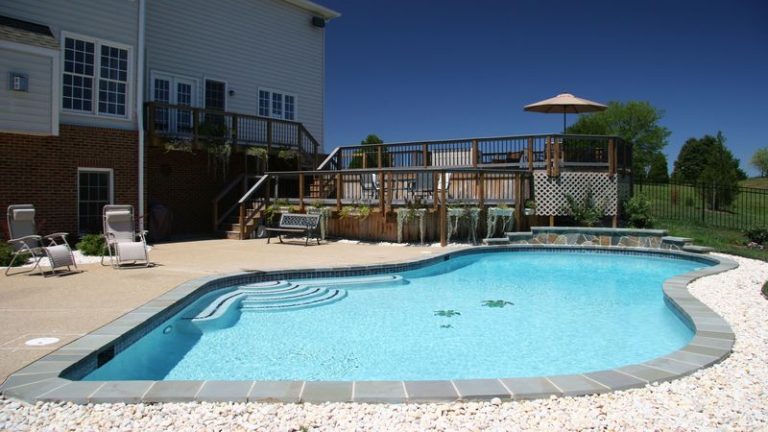People who have chlorine allergies often find it hard to enjoy the summer time because swimming in a pool can negatively affect their health. Thankfully there are some good alternatives to using chlorine in pools that can help people with a chlorine allergy be able to enjoy swimming in a pool again. But how can someone tell if they have an allergy to chlorine? Here are a few things to look for.
How to Tell if You Have an Allergy to Chlorine
If you have ever gotten out of the pool and felt like you were having an asthma attack it may have been caused by the chlorine in the pool. People that have an allergic reaction to chlorine can often feel shot of breath or a tightness in their chest when swimming. This can be incredibly uncomfortable and painful and in rare cases can lead to death. An allergy can manifest itself in several different ways and depending on how severe the allergy is people may experience different reactions.
1. Skin Conditions – sometimes a chlorine allergy will manifest itself as a skin condition. This may appear as a rash or other type of irritation. Since skin is such a large surface and is the first thing that comes into contact with the chlorine in a pool this is one of the most common ways an allergy will show up. Rashes most often appear on the arms, armpits, knees and groin area and can be very uncomfortable.
2. Eye Irritation – chlorine very often causes eye irritation in people who are allergic to it or just more sensitive. This is the most common way that an allergy manifests itself. Eyes may become dry and itchy or red and swollen. In extreme cases the eyelashes may even fall out. The best remedy is to carefully rinse the eyes out with clear clean water after they have been exposed to chlorine. Try to avoid rubbing the eyes, even though they hurt, because that can make the condition worse.
3. Respiratory Problems – a chlorine allergy can cause people to have trouble breathing and induce asthma attacks without warning. These can be very serious and should not be ignored. If a person is feeling a tightness in their chest, has a hard time taking a deep breath or feels as though they are suffocating they should contact their doctor immediately to get medical attention.
The best way to avoid problems with chlorine and allergies is to avoid going into any pools that use the chemical to treat the water.


